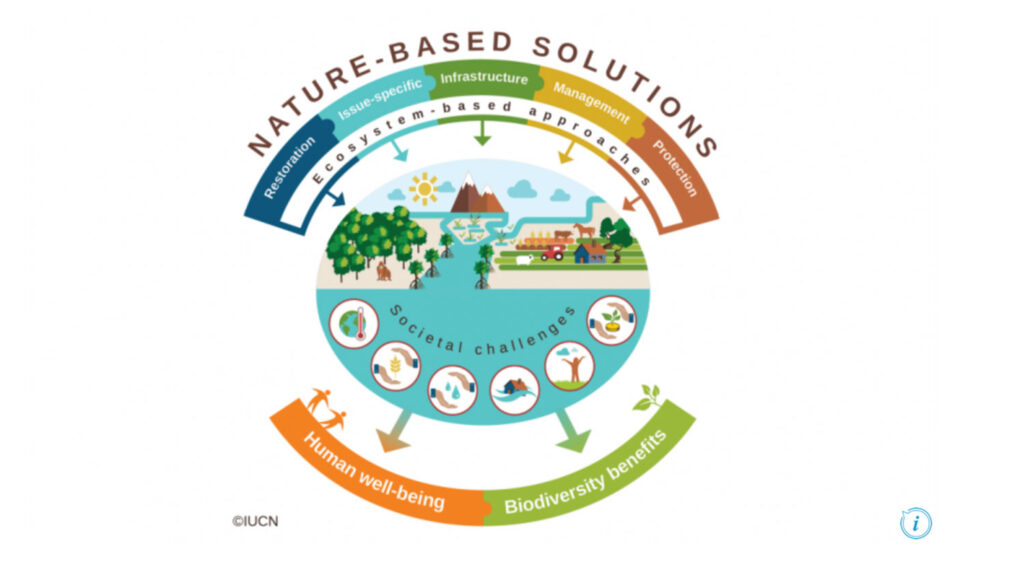Investigating Funding Mechanisms for Nature-Based Solutions to Urban Environmental Stressors

About
Approximately 80% of the United States population lives in urban areas, according to the Census Bureau. As these areas grow, it puts additional pressure on limited natural systems to manage water, heat and pollution. To combat these stressors, local governments are increasingly incorporating nature back into the urban landscape. However, because of fiscal constraint, local governments are increasingly looking to external funding and/or financing mechanisms to provide capital for nature-based solutions, many of which have specific goals or outcomes attached.
This project aims to understand how the funding and/or financing mechanisms for nature-based solutions influence project outcomes and community “winners” and “losers.” Researchers at the College of Natural Resources will investigate how local governments pay for nature-based solutions, including case study examples across the U.S. They will then translate the results into a list of available funding and/or financing options for local government officials.
PIs
Kyle Bunds (Director)
Bethany Cutts
Aaron Hipp
Lincoln Larson
Collaboration
This project will be conducted with the guidance of the Environmental Finance Center at UNC-Chapel Hill. The EFC is part of the Environmental Finance Center Network, conducting applied research, trainings, and technical assistance with local governments on “how to pay” challenges related to environmental programs and services. Additionally, the Conservation Fund of North Carolina and the Environmental Finance Advisory Board to EPA (EFAB) have expressed interest in the research outcomes. The Conservation Fund of NC is a group dedicated to conservation, resourceful communities, and natural capital investment in North Carolina. EFAB is a group of leaders in environmental finance that advise the EPA on ways to increase investment in the natural environment and public health outcomes.
Impact
- Distribution of a series of case studies through the Conservation Fund of NC, EFAB and EFC.
- Creation and distribution of training and informational materials for local governments through the EFC.
- Inventorying of available funding and/or financing mechanisms for nature-based solutions across the U.S. and production of a table of results for practitioners.
A McIntire-Stennis supported project
About McIntire-Stennis
The McIntire-Stennis program, a unique federal-state partnership, cultivates and delivers forestry and natural resource innovations for a better future. By advancing research and education that increases the understanding of emerging challenges and fosters the development of relevant solutions, the McIntire-Stennis program has ensured healthy resilient forests and communities and an exceptional natural resources workforce since 1962.